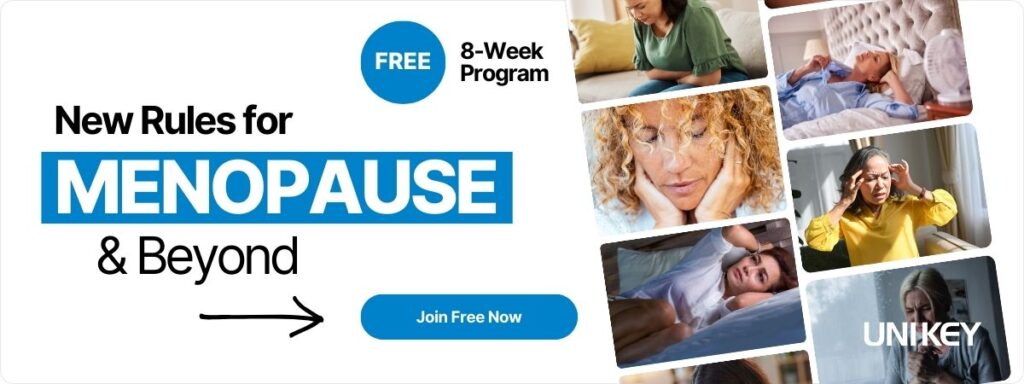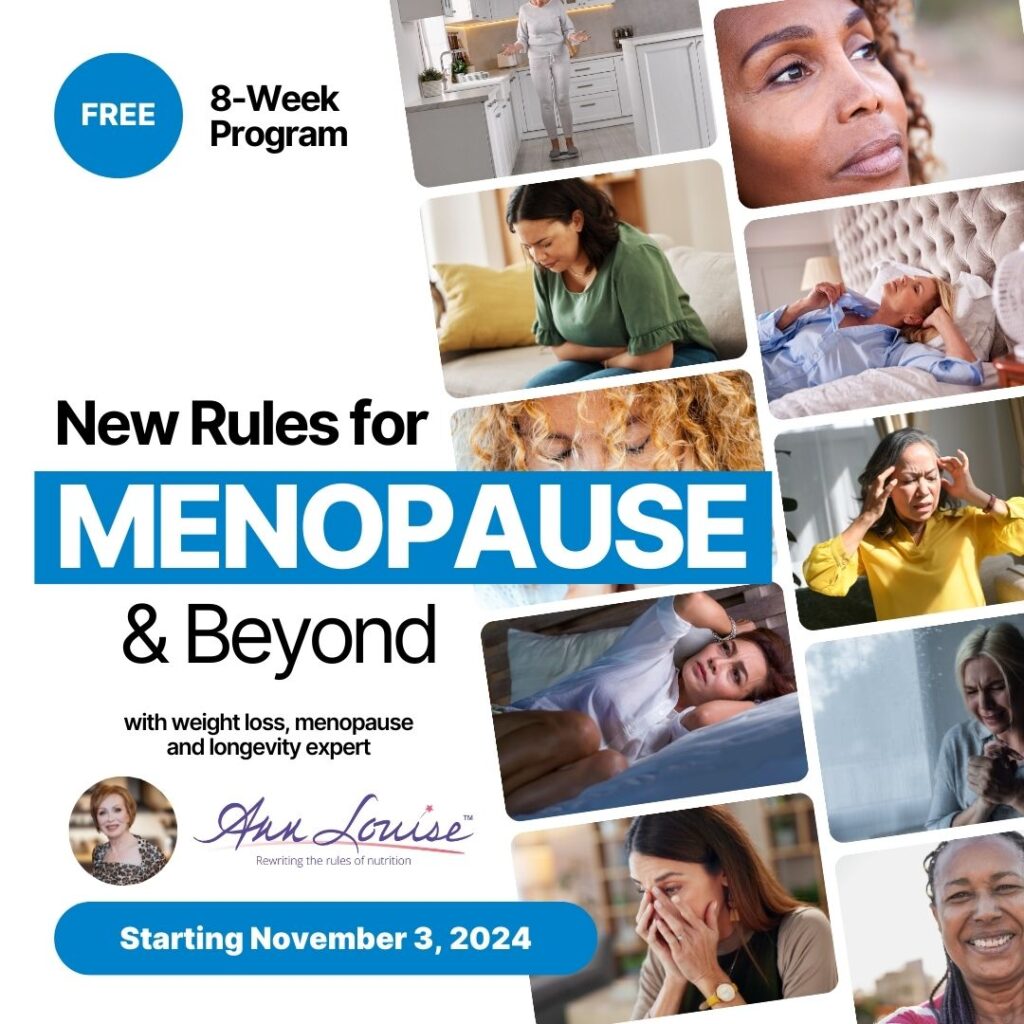 Snooze safely and slim down.
Snooze safely and slim down.
I just opened my February Allure;
The piece on “Sleeping and Dieting” really caught my attention, especially because of the headline from the Annals of Internal Medicine. It read, “55% less body fat was lost by dieters who slept 5.5 hours per night versus 9.5 hours.” This means that even if you are dieting, increased body fat is sill associated with sleep deprivation.
It’s incredible that as many as 32 million Americans are sleepless—and not just in Seattle, anymore. But why, I wonder? Is it just the usual suspects: medication side effects, anxiety, circadian rhythm disorders, or even sleep apnea that is creating this national epidemic?
Maybe it’s time to consider an environmental sleep saboteur: the “Smart Meters” that are being installed throughout the country by utility companies. These new wireless meters use radio frequencies every few minutes to relay info back to headquarters about electricity use. Interestingly, not only have they been associated with billing inaccuracies, privacy and electronic issues, but also with sleeplessness in a growing number of individuals who have had the meters placed on their homes.
This is one of the reasons that I sleep “grounded” every night on my Earthing bed pad.
Tired—and Hungry
Whatever’s really keeping you awake, the results are the same: fatigue, foggy thinking, and food cravings. Numerous studies show that decreased REM (rapid eye movement) sleep increases appetite, due to hormonal imbalances caused by insomnia.
Cortisol, the stress hormone that plays a critical role in appetite levels, rises with insomnia. No wonder we eat more when we’re tired!
Stress hormones also stimulate conversion of protein from muscle into glucose. But because you’re not fighting or fleeing the way cavemen and women did in high-stress situations, that excess blood sugar gets stored as fat—usually in your abdominal area.
Deep abdominal fat cells have four times more cortisol receptors than fat cells found just below the skin. Food cravings, blood sugar imbalances, and stress all combine to deposit weight right where you need or want it the least—in your belly.
The Sleep Hormone
Produced by the pineal gland (a pinecone-shaped gland the size of a pea buried deep within the brain), melatonin is a natural hormone that promotes sleep. Your body creates less of this “Dracula” hormone during the day when you need to be alert—but should shift up production at night so you easily fall and stay asleep.
Unfortunately, melatonin production declines with age. Plus, anyone 50 and over can have evening cortisol levels that are 30 times higher than young people. But younger people can also be low in melatonin.
It doesn’t just help you sleep—it can potentially save your life! This hormone’s role in protecting against disease was first discovered when studies showed that shift workers—with low melatonin levels from all the light at night—had higher levels of breast cancer. It also bolsters your immune system by increasing antioxidant activity, reducing the inflammation caused by stress, and helping to repair cells—particularly those damaged from free radicals.
That’s why I recommend everyone take at least 3 mg of Melatonin in a time-released formula to mimic your body’s natural sleep hormone production at night. Sublingual supplements release melatonin too quickly, so they don’t work as effectively and you wake up in the middle of the night.
I formulated Melatonin with three key minerals—manganese, selenium, and zinc—which are some of the most deficient minerals in my clients and Americans in general. They are also protective against the electopollution emitted from digital devices. Melatonin is really a top-of-the-line anti-aging supplement—fighting depression, infertility, and inflammation.
Melatonin is safe to use every night because you don’t build up a tolerance for it. That just goes to show how critical this hormone is to sleep, immune function, and weight control.
Sources:
Zapped: Why Your Cell Phone Shouldn’t Be Your Alarm Clock and 1,268 Ways to Outsmart the Hazards of Electronic Pollution
Hot Times, How to Eat Well, Live Healthy, and Feel Sexy During the Change
https://electromagnetichealth.org/wp-content/uploads/2010/10/Abstract-HRV-European-Journal.pdf
https://stopsmartmeters.org
www.health.com/health/condition-article/0,,20188397,00.html
https://www.ncbi.nlm.nih.gov/pubmed/21267663
https://www.ncbi.nlm.nih.gov/pubmed/20974608
https://www.ncbi.nlm.nih.gov/pubmed/21132137
https://www.ncbi.nlm.nih.gov/pubmed/20712869












2 Responses
I heard that taking supplementary melatonin may cause your body to stop producing it … is there any truth to this? I suppose that if melatonin production is already low due to older age it wouldn’t matter; but what if a young person starts taking it without addressing the other possible reasons for sleeplessness? Will it mean that I would need to supplement with melatonin for life? Thanks again for your interesting articles!
Maria- melatonin production is regulated by the nervous system and doesn’t seem to be effected by circulating melatonin levels. So supplementation shouldn’t suppress natural production.